Lewis Hamilton: More than a driver
Nearing the end of his career, the racer’s legacy will be more than just his wins.
Lewis Hamilton has been a figure unlike any other in motorsports history for the past decade. The English driver holds seven drivers’ championships in Formula One, the pinnacle of European racing, and multiple other accolades. He has the most race wins and pole positions in Formula One history, he is tied for the most championships and he is statistically the best to ever race in the sport.
However, he is also one of the most polarizing figures in the sport in terms of popularity. The only Black driver in Formula One and one of only a few in motorsports overall, Hamilton has been leading the way for movements like Black Lives Matter (BLM) while being at the peak of the competition — even after celebrating his 37th birthday just last month.
Born in Stevenage, England on Jan. 7, 1985, Hamilton never exactly had it easy when it came to his racing career. The big problem with motorsports is not just the grind it takes to reach the top but also the cost.
His father, Anthony Hamilton, tried to offset this cost from an early age, working to fund a karting career when Hamilton was just six years old. At some points during Hamilton’s career, Anthony would be working up to four jobs at once while still attempting to make it to every race.
The success in karting (the lowest level of racing that all of the greats have started at) led to him being the youngest-ever British Cadet Karting champion, at just ten years old. While he was lighting up the karting world, he caught the attention of McLaren Formula One Team boss Ron Dennis, who reportedly said of Hamilton, “Phone me in nine years, and we’ll sort something out.”
Hamilton didn’t have to wait nine years, however. It would only be three years later when Dennis called, offering Hamilton an opportunity to drive for the team’s youth program, which is essentially like the Minor League in baseball.
Through his time in the “Feeder Series,” as they’re known, Hamilton would meet someone who would become a significant player in his life later on: German racer Nico Rosberg.
Hamilton first entered Formula One 15 years ago. He immediately got to work with a fantastic rookie campaign, despite being paired with two-time champion Fernando Alonso.
The duo was a powerhouse, but conflicting egos meant that neither Hamilton nor Alonso would win the title. Due to multiple on-track issues, the two drivers lost out on valuable points towards the end of the season.
This season would instead give Finnish racer Kimi Räikkönen his first (and only) championship by a single point over the rookie. Hamilton would use this as motivation in 2008, winning the 2008 title in a dramatic last-lap pass (F1 fans will have the phrase “is that Glock” in their heads forever).
However, he wouldn’t be able to come within real contention for another title for the next five years, as domination from both Brawn GP in 2009 and the Red Bull Dynasty from 2010 to 2013 with Germany’s Sebastian Vettel kept him out of the running.
After a move to the Mercedes team in 2013, he partnered with a familiar face: Nico Rosberg. The former karting teammates found themselves in the right place at the right time, as Mercedes nailed the technical regulations changes of 2014 in terms of the brand-new hybrid power units.
It was a match made in heaven: Two drivers who have known each other since they were kids are now in the best team with the best equipment and talents. The only problem is that putting two of the best young drivers on the planet together can sometimes end in sparks.
Though Hamilton won the 2014 and 2015 titles, contact between Hamilton and Rosberg was always an issue. Contact in Belgium in 2014 and a last-lap tangle between the two in 2016 served only to inflame a rivalry that was already getting to a boiling point.
A major crash in Spain in 2016 took both Mercedes drivers out of the running for a perfect season and ended up being a significant challenge for both Hamilton’s and Rosberg’s chances for the drivers’ championship. Later that year, a blown engine in Malaysia would be a body blow that Hamilton ultimately couldn’t recover from — giving Rosberg his only world championship after a thrilling final race in Abu Dhabi.
After the 2016 season, Hamilton was paired with Finnish driver Valtteri Bottas, who was seen as more of a number two driver following Rosberg’s surprise retirement.
Though Hamilton wasn’t pressured much by his teammate throughout the season, he was pressured heavily by Sebastian Vettel. Now driving for Ferrari, Vettel came heartbreakingly close to titles in 2017 and 2018.
However, the dominant Mercedes always came through when the Ferrari couldn’t; and Hamilton won five consecutive drivers’ championships (‘17, ‘18, ‘19, ‘20, ‘21).
During this stretch, in particular, most fans of F1 seemed to turn on Hamilton. Before, he was this remarkable story that everyone loved: a kid from a family that could barely afford to send him to this level but is still winning. However, as the success grew and the Mercedes team became more of a dominant force, fans found themselves turned off from the sport.
The domination was reminiscent of the Red Bull Era mentioned earlier. From 2010 to 2013, Sebastian Vettel won four consecutive titles. The young German was beloved at the start but hated by the end. When he won his fourth in India in 2013, the fans booed him, despite his massive accomplishments.
Hamilton would see the same problems in the Mercedes Age. The dislike of Hamilton and Mercedes was similar to the disapproval of Tom Brady and the New England Patriots. You don’t hate the people; you hate the continued success despite every challenge. To borrow a quote from the Dark Knight, “You either die a hero, or you live long enough to see yourself become the villain.”
Vettel and Hamilton became the villains through nothing more than their sheer talent and ability to dominate a global sport. Though Vettel has returned to a beloved figure for many of the sports fans due to some fantastic work over the last few years, Hamilton is still at that point where he is vilified for his success.
However, this dislike for Hamilton doesn’t carry over to the social side (at least not as much) due to his enormous impact. As mentioned earlier, Hamilton is the only Black driver in Formula One and one of only two in the top racing series, joining Bubba Wallace (in NASCAR).
As such, during the protests surrounding George Floyd’s death in 2020, he was a significant voice in getting the predominantly white sport of Formula One to pay attention to racial injustice. Lewis Hamilton’s voice is a major one, and thus it’s no secret why he made TIME Magazine’s 100 Most Influential People list in 2020.
Hamilton was close to winning his eighth championship this season, but an incredibly close race with Max Verstappen throughout the season ended in favor of the Dutchman. It was doubtful whether Hamilton would even return for this season, with rumors of the 37-year-old’s retirement swirling around the Internet for weeks.
However, he confirmed on Twitter that he would indeed be back for the upcoming season. He will rejoin Mercedes and new teammate George Russell in hopes of giving Mercedes their record ninth consecutive World Championship.

Hey! I'm Caleb Reed, and I'm the new Sports Editor for the Trinitonian this year. I love all kinds of sports and I've got a passion for both commentary...

I'm a senior Computer Science major and a Classical Studies minor from Newton, North Carolina with a passion for art. I also work at the Center for Experiential...

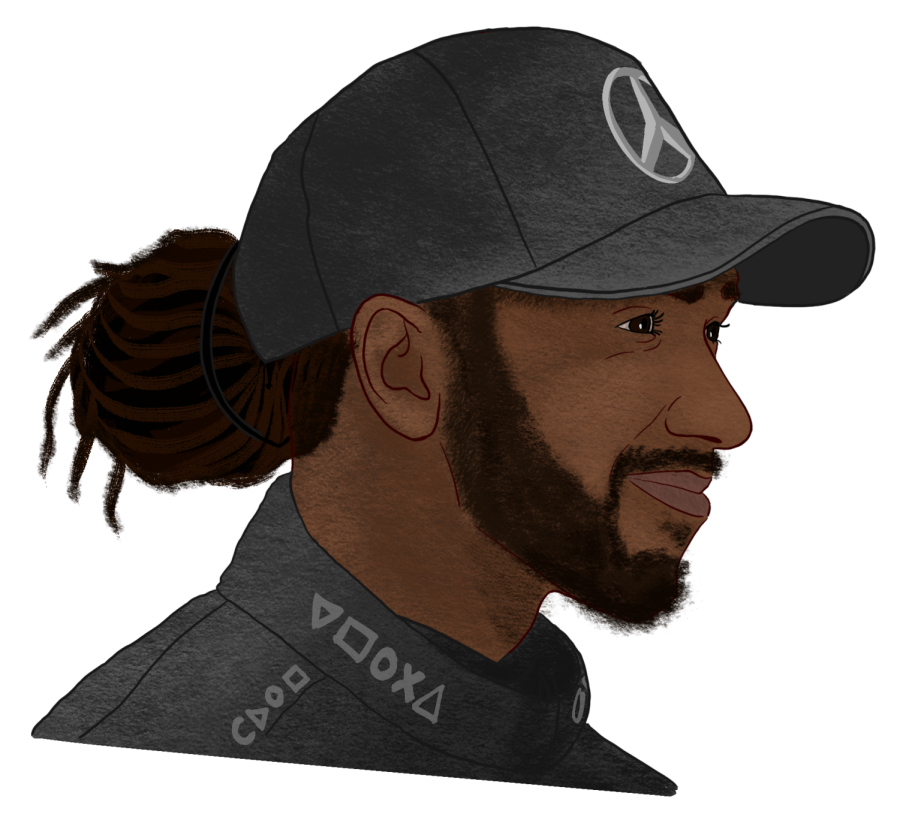

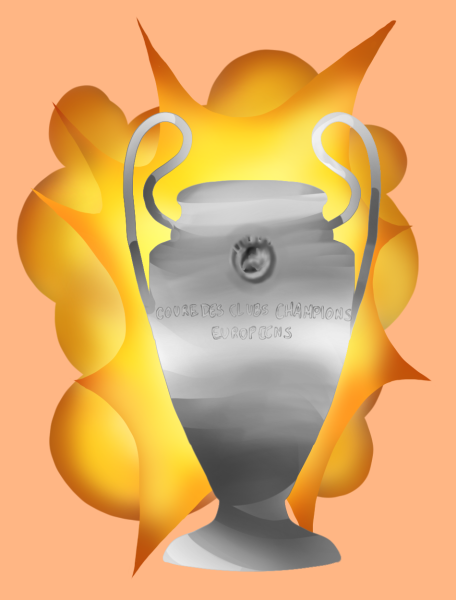
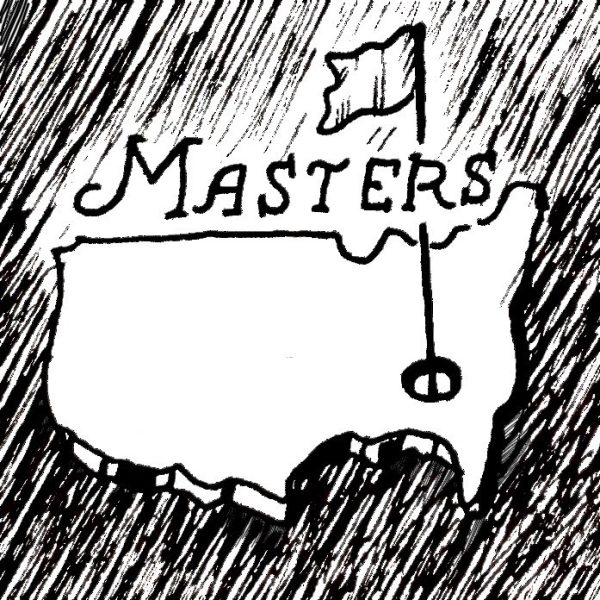
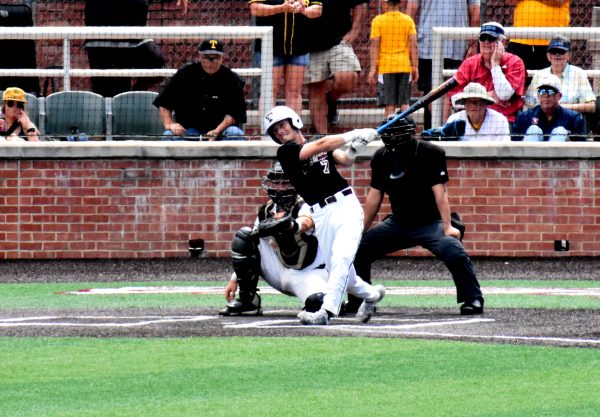
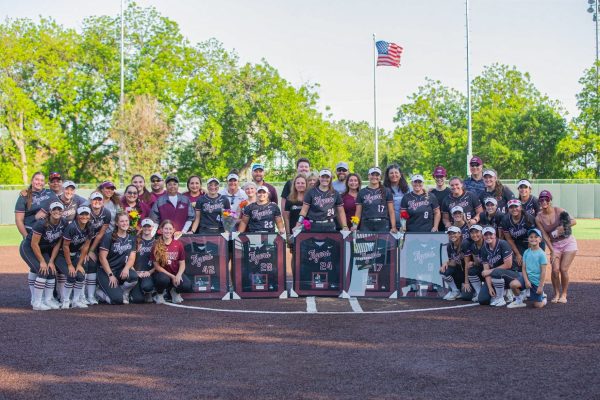
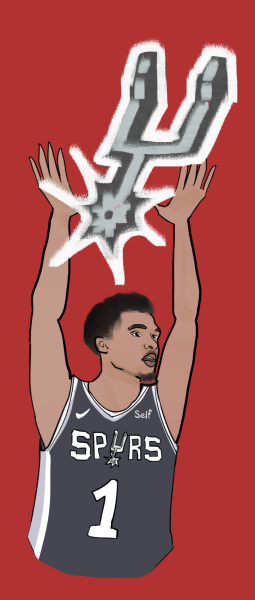
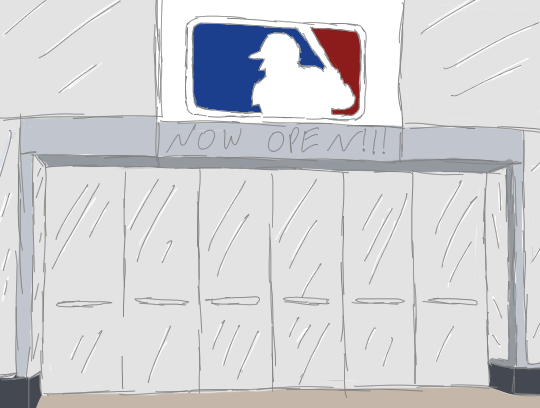
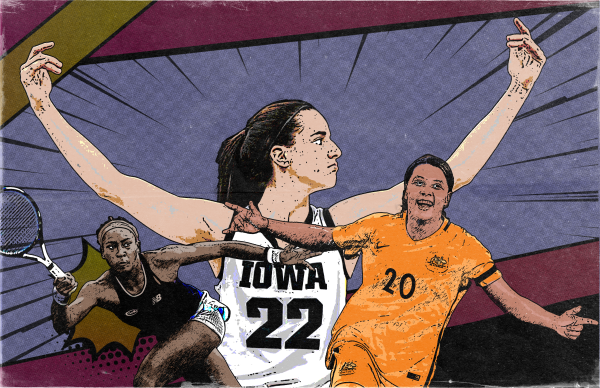

William Powell • Feb 21, 2022 at 8:23 pm
Very well written!! Enjoyed the flowing style and the attention to detail. From a big F1 fan, you didn’t miss anything! Let’s hope he gets his well earned title in 2022.